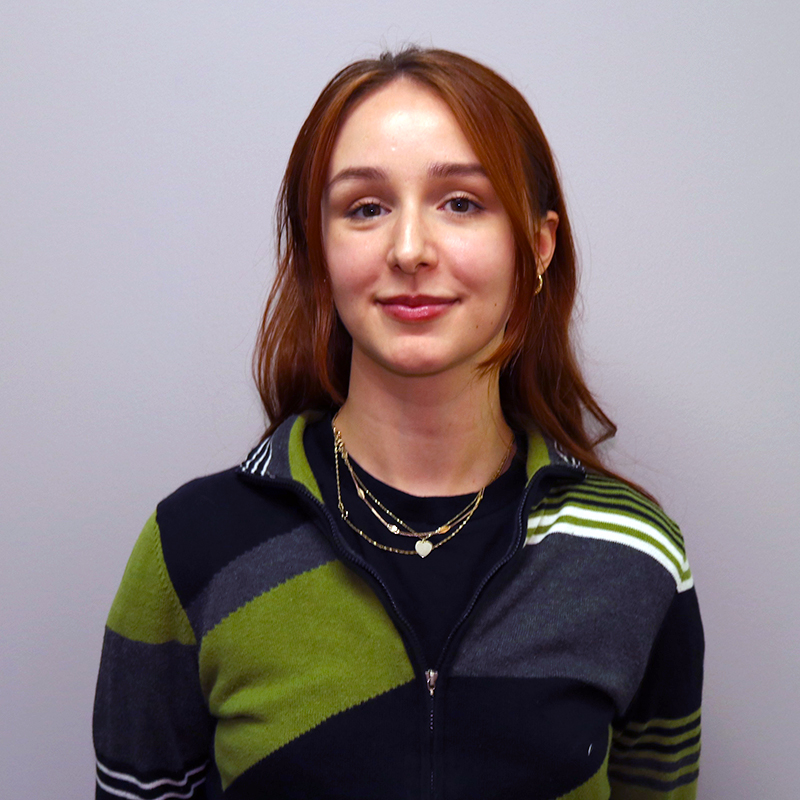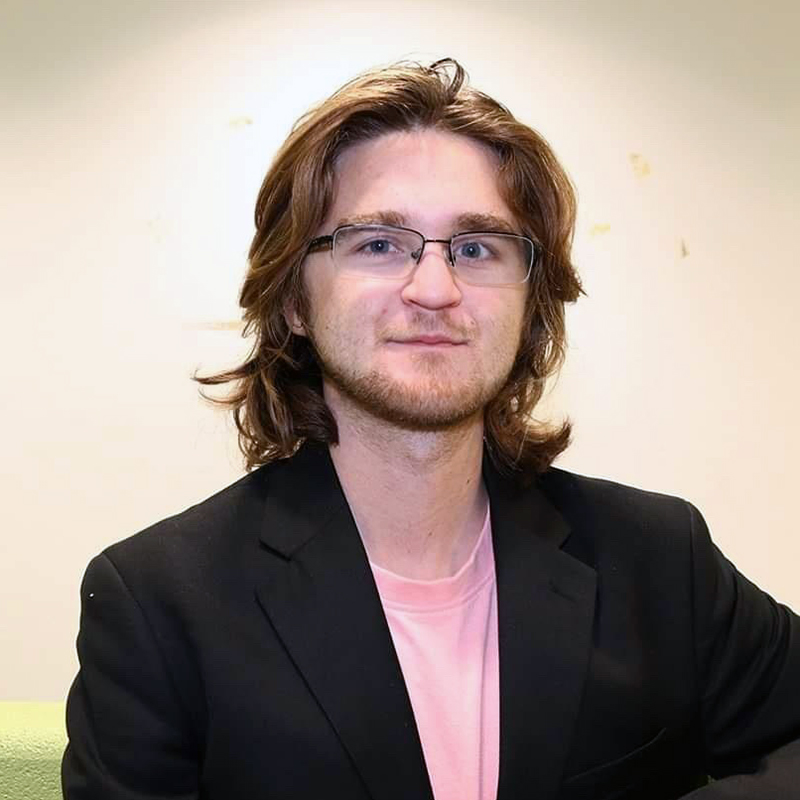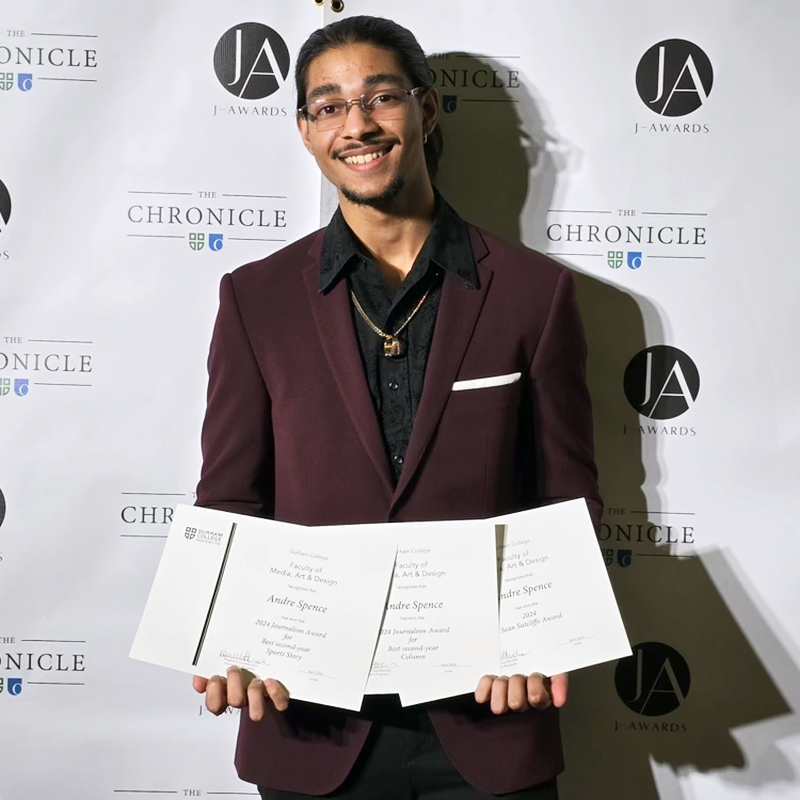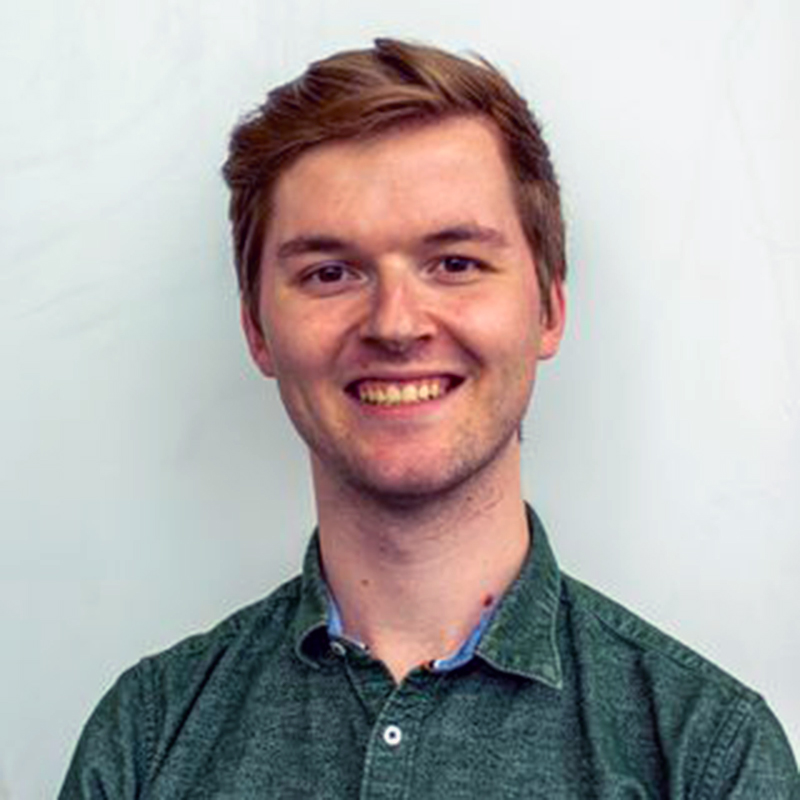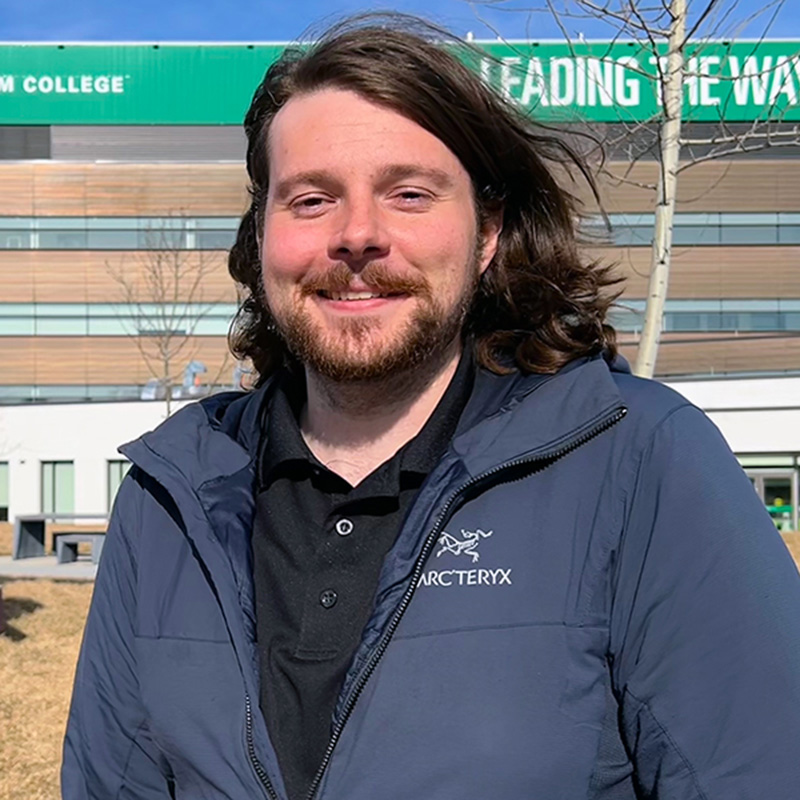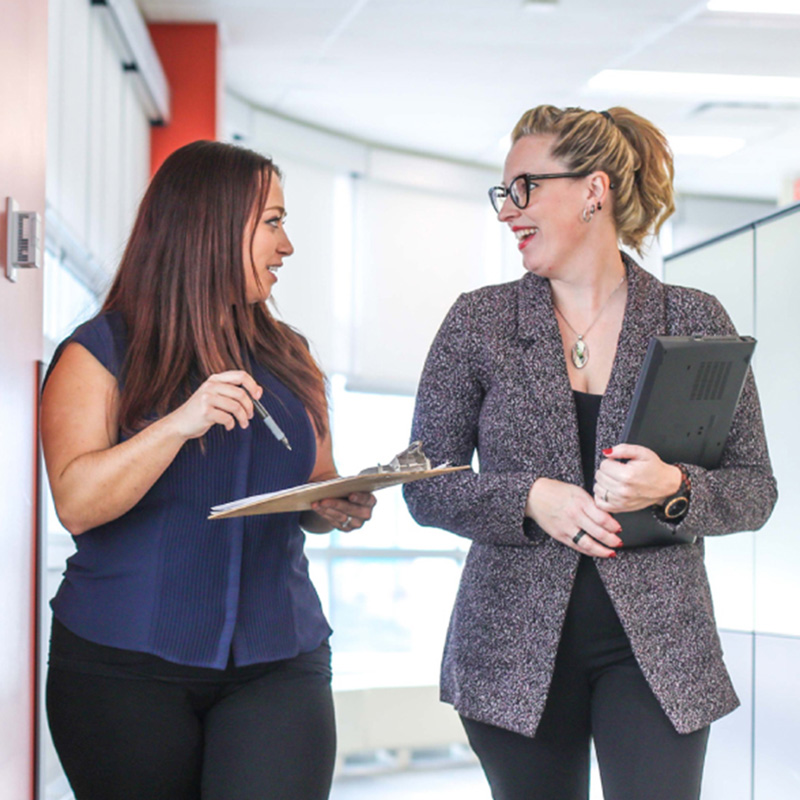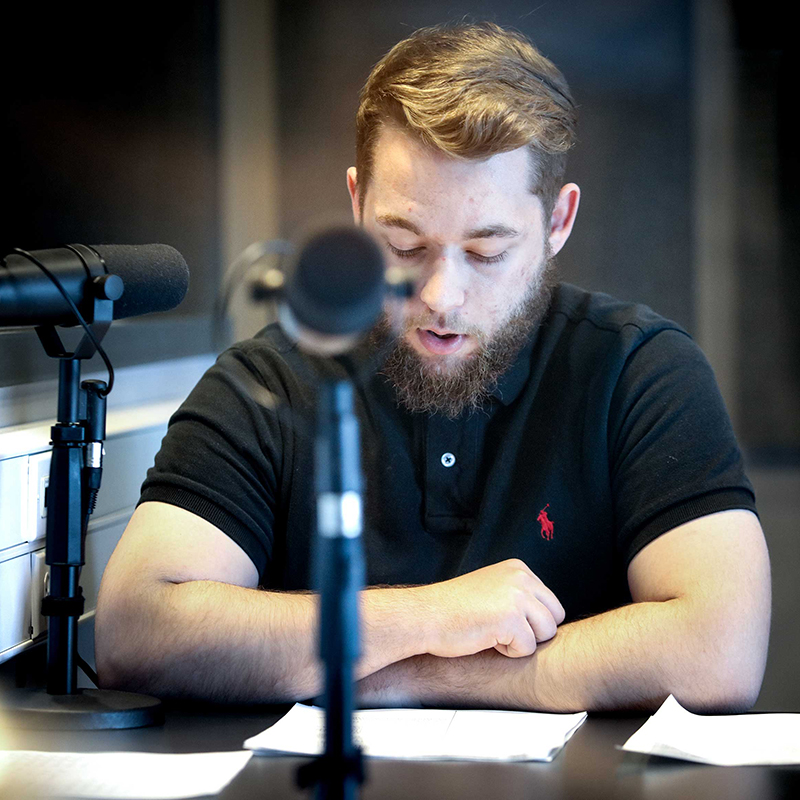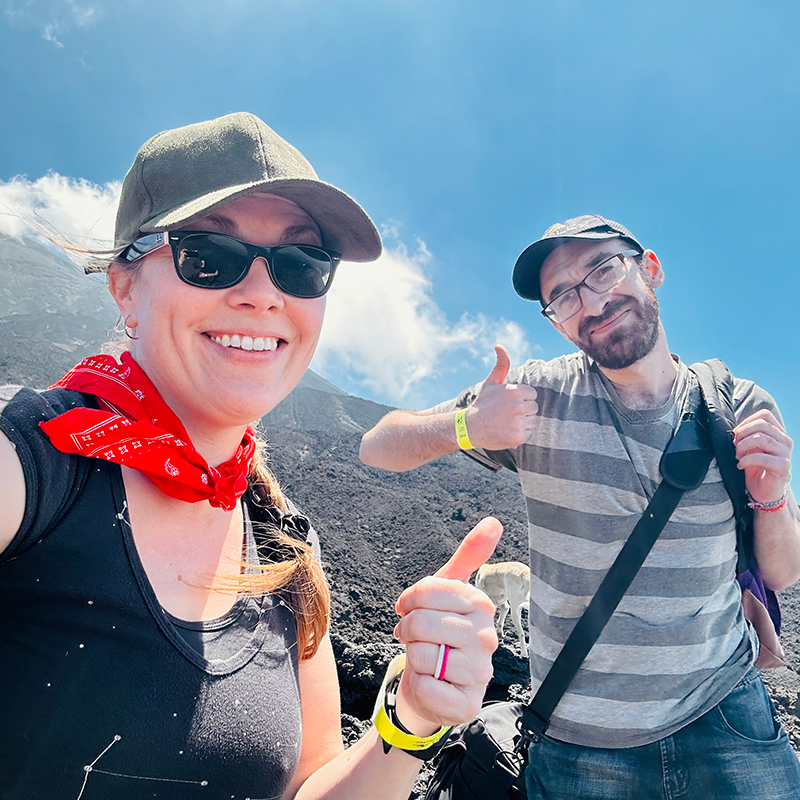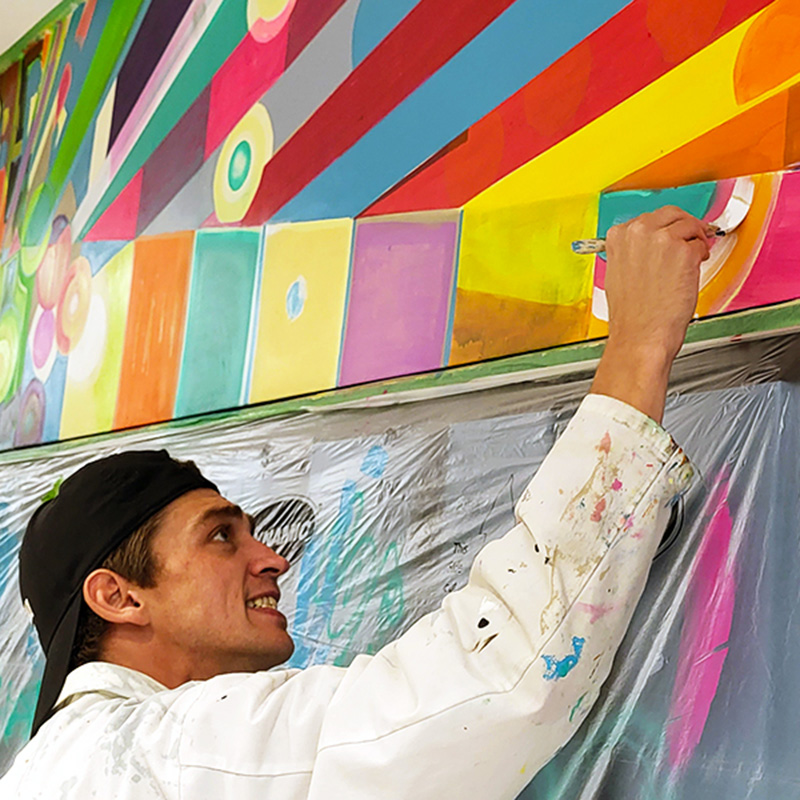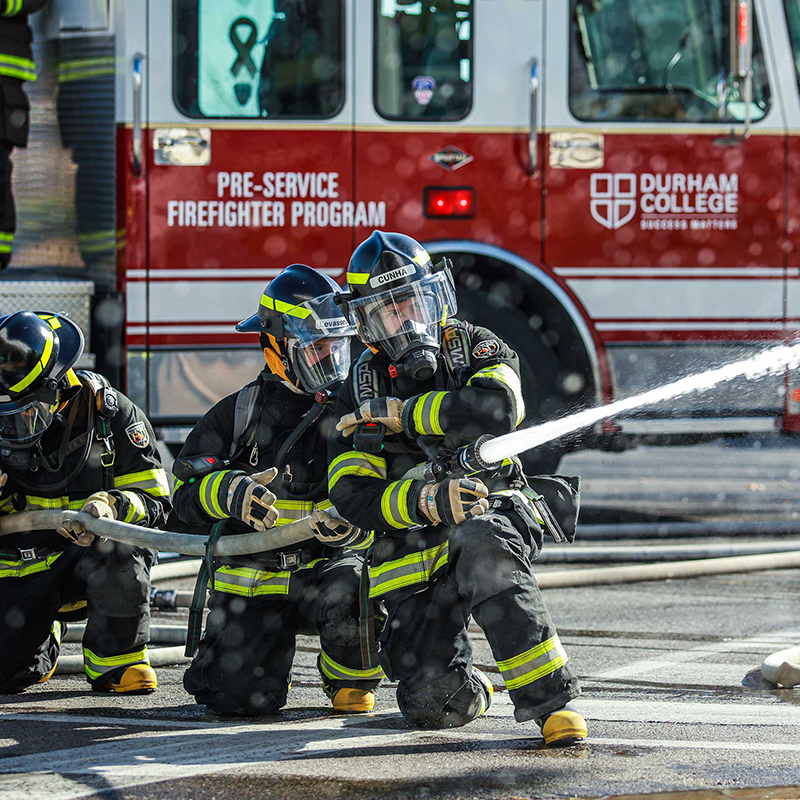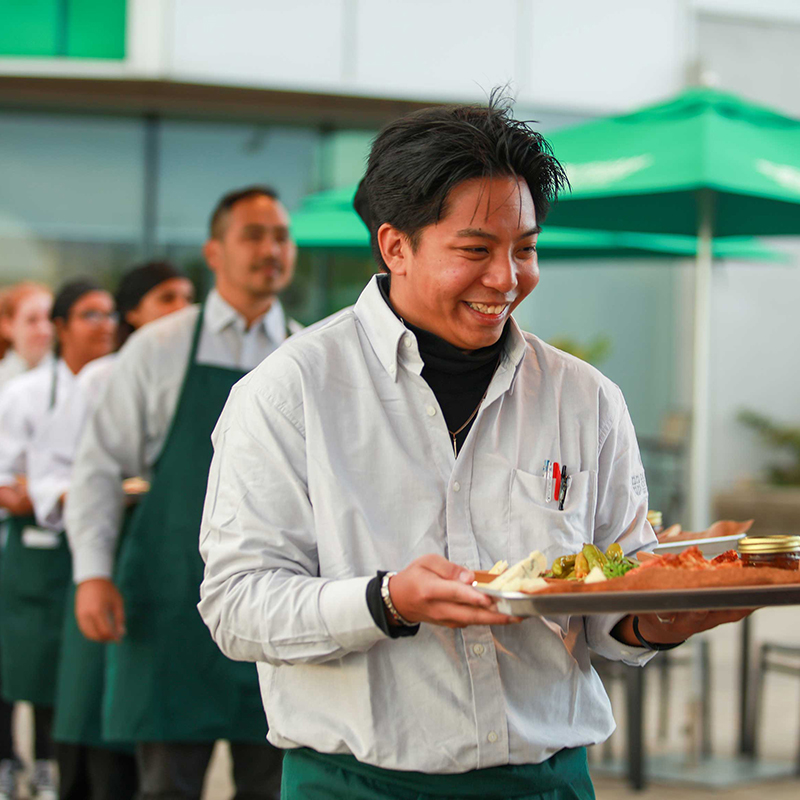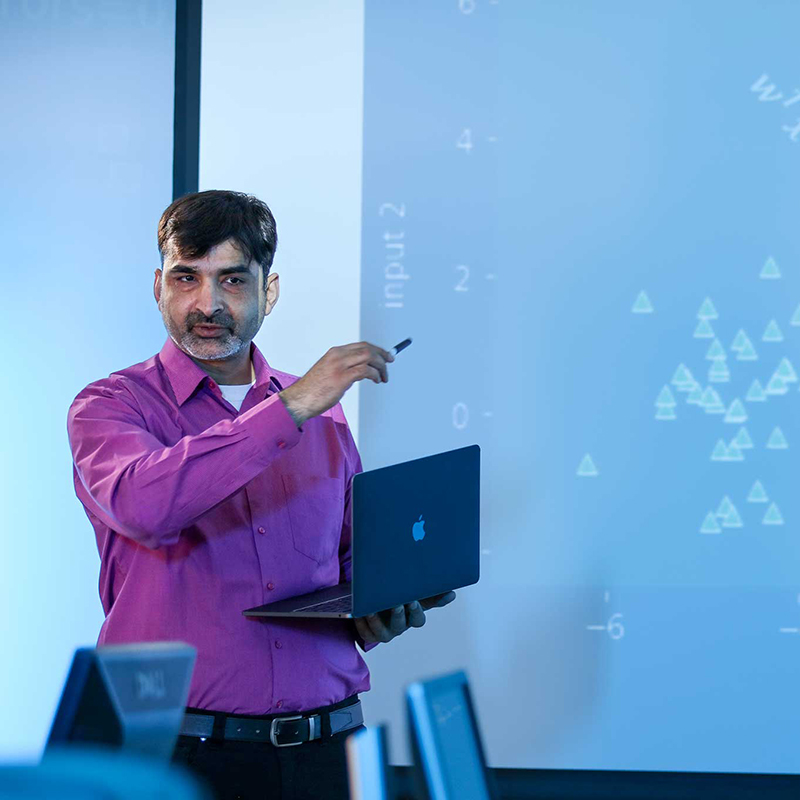Young innovators shine at FIRST LEGO League provincial championships
Durham College’s (DC) Oshawa campus was alive with imagination this past weekend as more than 400 students from Grades 4 to 8 competed in the 2026 FIRST® LEGO® League (FLL) Ontario Provincial Championship. Families, coaches, and educators from across Ontario gathered on campus to celebrate creativity, teamwork, and curiosity through hands-on STEM challenges.
“Hosting events like FIRST LEGO League allows us to inspire the next generation of innovators,” says Dr. Jean Choi, Vice President, Academic and Students, Durham College. “By welcoming young learners to campus, we give them a chance to explore STEM in an experiential, supportive environment, while building meaningful connections with students and families.”
Beyond providing hands-on learning, these experiences introduce participants to the types of programs they may one day pursue and the wide range of careers STEM education can open up. “We hope these young competitors will return to DC when it comes time to consider their post-secondary education options,” says Choi.
This year’s archaeology-inspired challenge, UNEARTHED™, invited participants to explore how discovery shapes our understanding of ourselves and our communities. Through research, collaboration, and imaginative problem-solving, teams uncovered new ideas and developed solutions to challenges faced by archaeologists today.
FIRST LEGO League is built on curiosity, teamwork, and a commitment to improving the world. These values closely reflect the applied learning taking place every day at DC, where students and employees use communication, experimentation, and persistence to advance ideas. Competitors demonstrated these same skills as they designed, built, tested, and refined their LEGO robots and project presentations throughout the weekend.
The Solvers of X & Y team from Aurora earned the championship in the Science Division, while the ConnecTech team from North York took top honours in the Technology Division. View the full list of FIRST LEGO League winners here.
Students interested in continuing their STEM journey can explore DC’s 145+ industry-driven programs, including Electromechanical Engineering Technology, Artificial Intelligence, and skilled trades programs such as Welding and Electrical Engineering Technician. These programs provide applied experience and prepare graduates for in-demand, rewarding careers in robotics, automation, AI, and related fields.
Building on this commitment to youth STEM engagement, DC will also host the 2026 FIRST Robotics Competition on March 13 to 15. This year’s REBUILT™ competition challenges teams to reimagine existing technologies and create stronger, more resilient solutions. Participants design, build, and program industrial-sized robots while developing leadership, teamwork, and problem-solving skills, offering another powerful opportunity for students to explore STEM pathways and future career possibilities. Learn more about the competition here.

